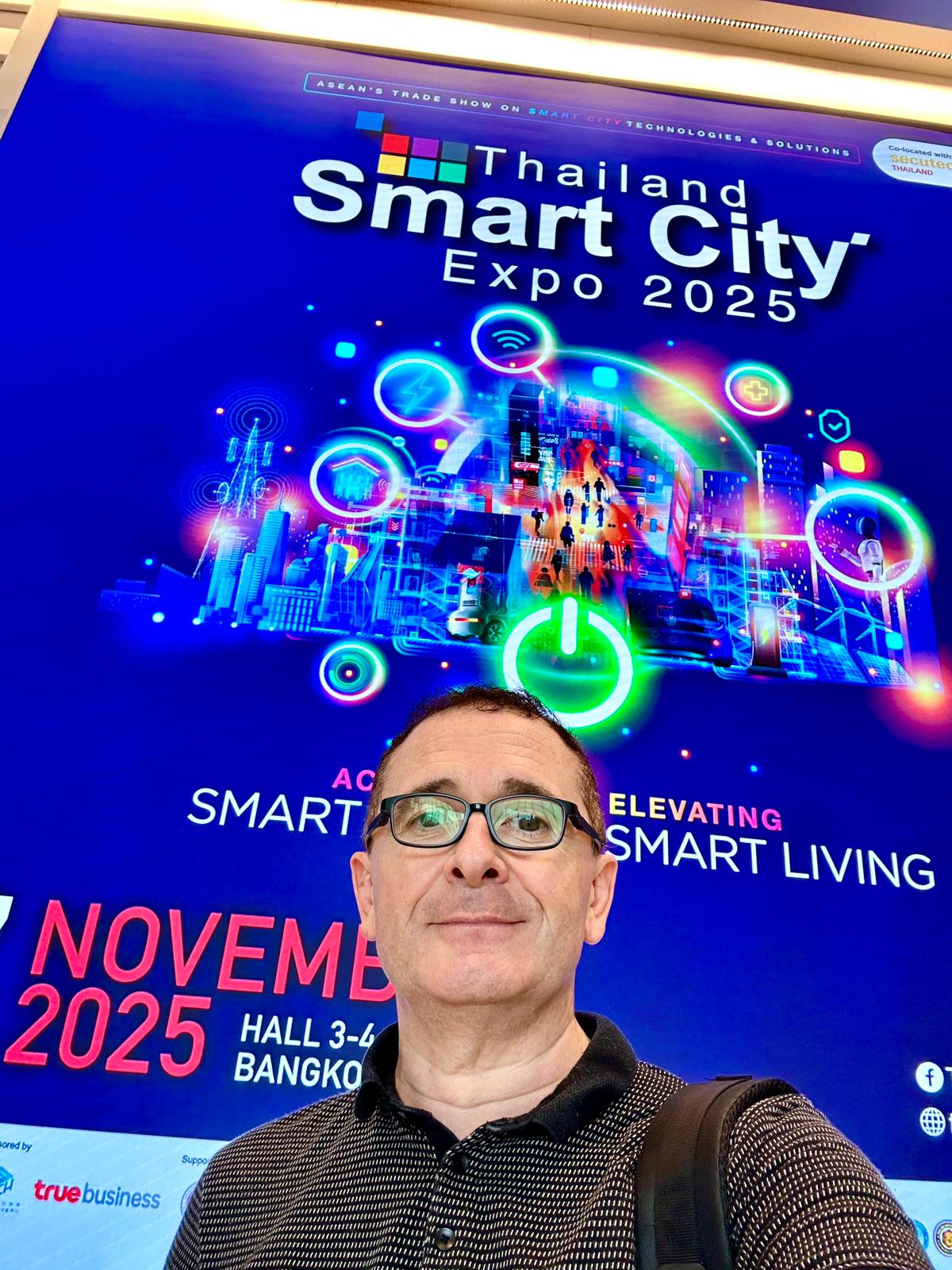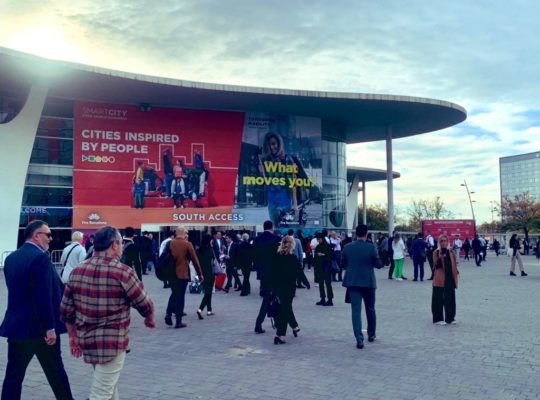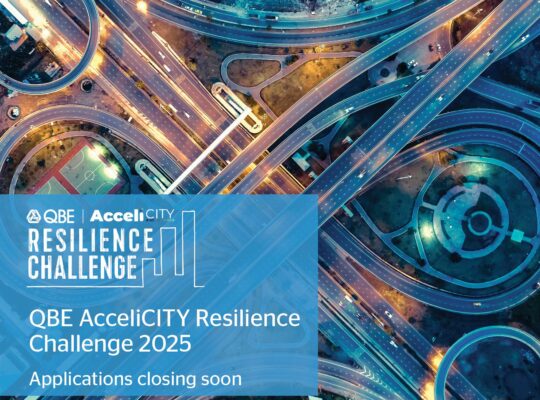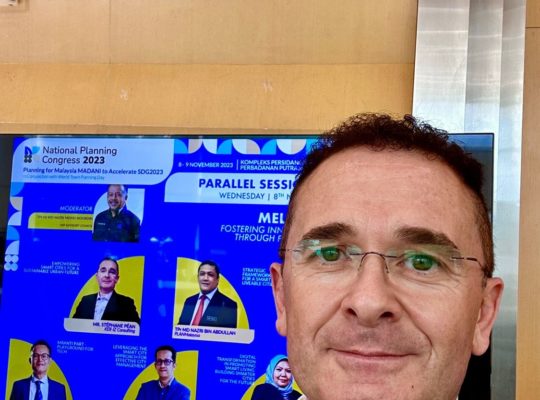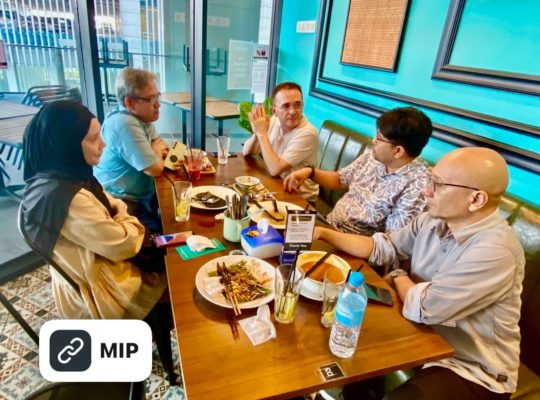The Thailand Smart City Expo 2025 offered a concise but revealing snapshot of Southeast Asia’s race toward urban digitalization. While Bangkok showcased its Digital Twin efforts, regional players — from Japan to Taiwan — highlighted competing narratives and standards. Beneath the buzz, fragmented governance and data silos still challenge Thailand’s ability to turn smart city pilots into coherent, scalable systems.
This week in #Bangkok 🇹🇭, visiting the Thailand Smart City Expo (5–7 November 2025) offered a sharp glimpse into how the country is shaping its digital future. A compact but eclectic event brought together electronics and software providers, solution integrators, and national pavilions. While Hitachi and NEC Corporation represented #Japan 🇯🇵, #Chinese and #Taiwanese players clearly dominated. #Taiwan 🇹🇼 even announced its own #SmartCityExpo for March 2026 — underscoring how regional players are competing to shape the narrative and standards of the #smartcity agenda.
I met with members of the Digital Economy Promotion Agency (depa) of Thailand and the Bangkok Metropolitan Administration’s #DigitalTwin team. Development remains mostly in-house, yet faces serious #interoperability challenges — a clear sign of fragmented #governance and limited data #coordination.
This resonates with last year’s Agence Française de Développement 🇫🇷–Bangkok Metropolitan Administration 🇹🇭 workshop on “Toward 2050: Future #Bangkok for a Resilient and Livable City”, which emphasized urban resilience, #governance reform, and SDG alignment.
Since then, Dassault Systèmes has been testing its #3DCityVirtualTwin using data from a central district. The initiative evolved in parallel to a potential #AFD-supported cooperation, showing how tech providers can strategically align with development dialogues to demonstrate their solutions — without yet reaching a formal deployment phase.
But the gap between vision and pilots remains. #Bangkok lacks a coherent operational #strategy linking ambition, #governance, and #implementation. Data #governance lies at the heart of this issue: unlike in #Europe 🇪🇺, where standards and #interoperability frameworks are increasingly embedded into policy, #Bangkok’s data ecosystem remains fragmented. Each institution operates its own data systems, limiting #interoperability and shared #accountability. The result: a proliferation of pilots — meant to impress, but rarely connected to systemic objectives or #governance frameworks.
This #fragmentation prevents #scalability and the rise of a true innovation #ecosystem across the metropolitan area. Meanwhile, intermediate cities such as #ChiangMai, #KhonKaen, and #Phuket are emerging as new poles of innovation and #entrepreneurship, driven by younger generations — perhaps the real frontier of Thailand’s urban #transformation.
The #SmartCity journey now depends on connecting #vision, #governance, and #execution — turning pilots into lasting systems. The next leap will come when data and #governance evolve into shared public goods, enabling #collaboration beyond institutional boundaries.
Staying a few more weeks in #Bangkok — between field observations and #MuayThai training 🥊 — I remain open to connect on urban #innovation, data #governance, and digital #transformation.

